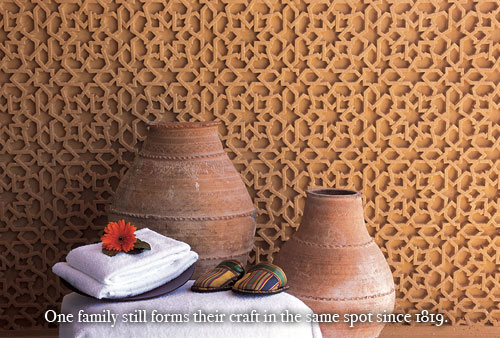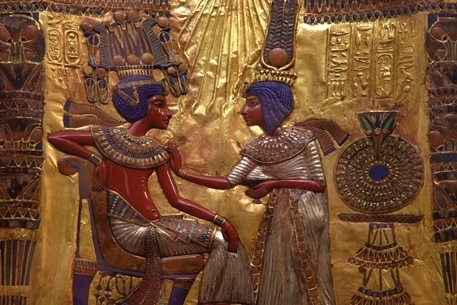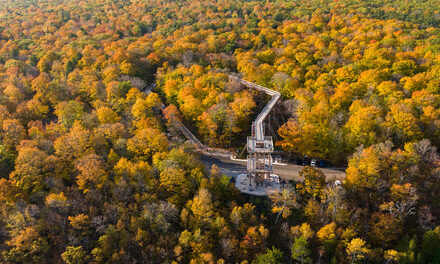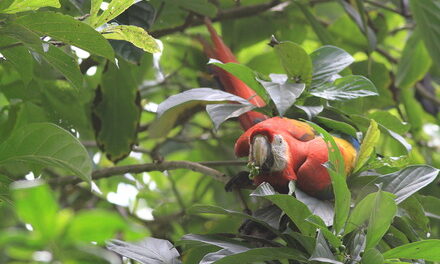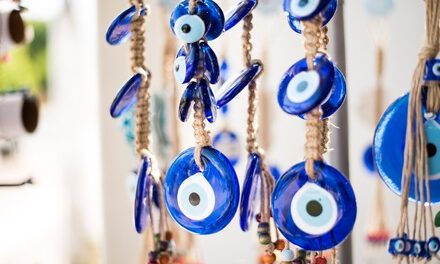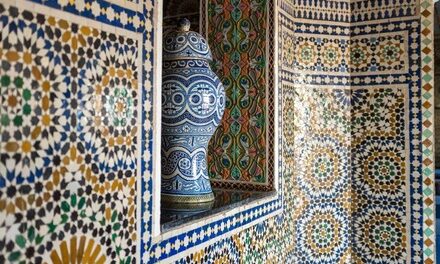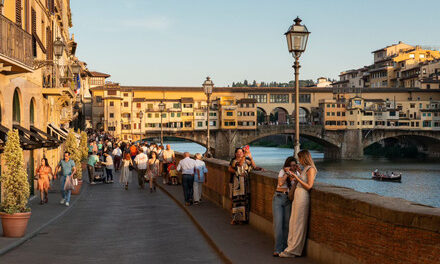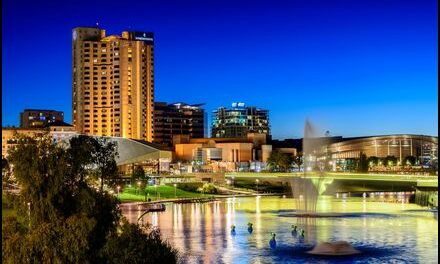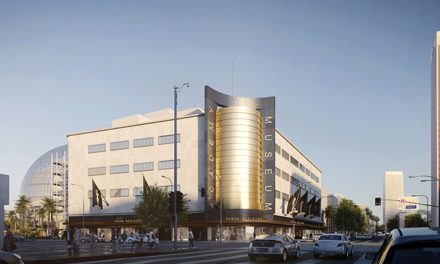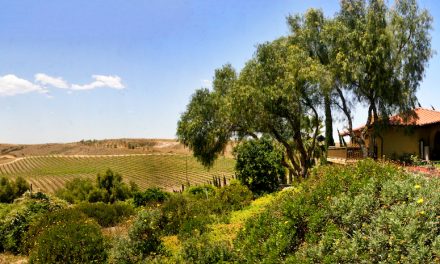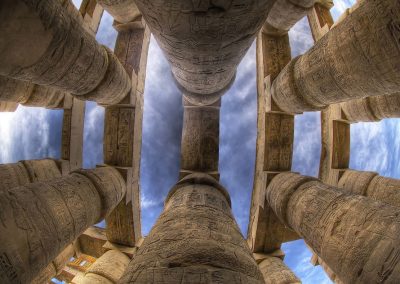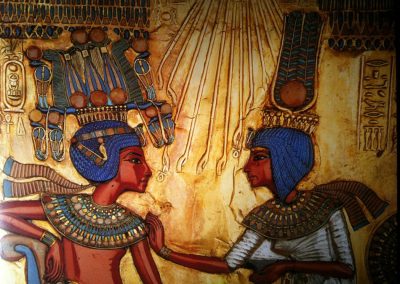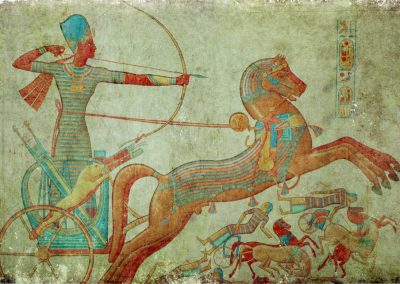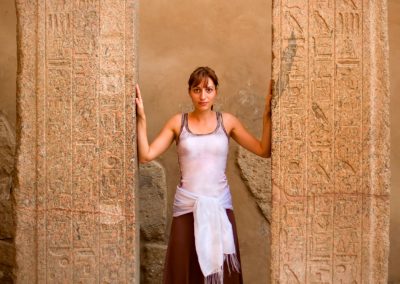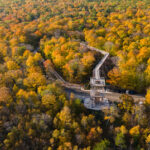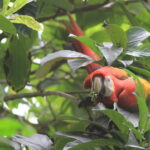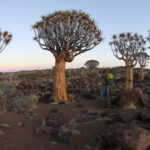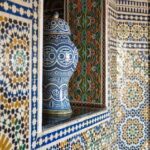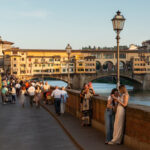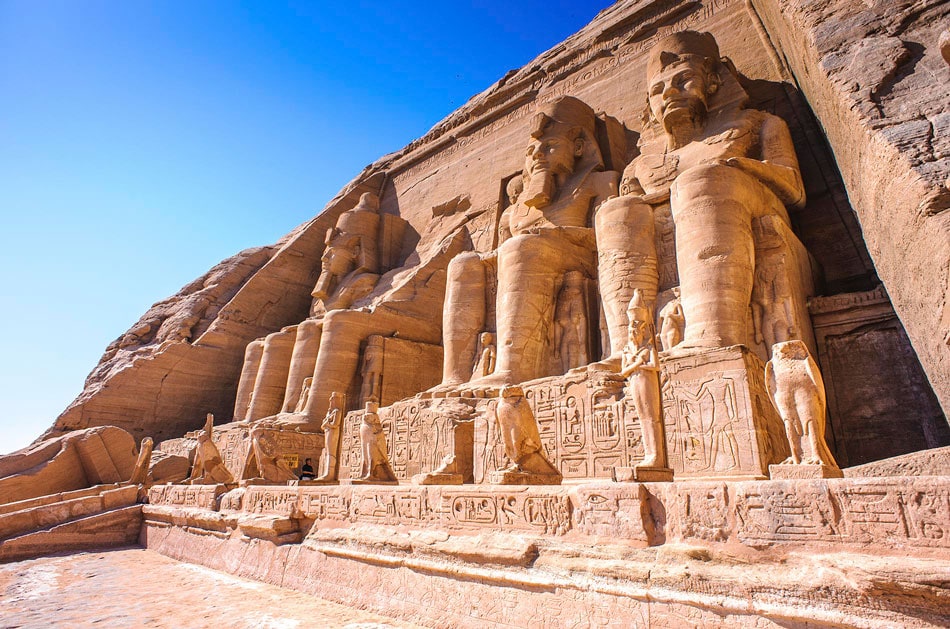
Aswan is Egypt’s most southern city and ancient border town, located 80 miles south of Luxor. It has a distinctive African atmosphere and is without steel, high rises or apartment complexes. The only metal blazes from the few rusty 4x4s with half-deflated tires designed for desert dunes and the infrequent buses that carry tourists away from town to the nightlife of surrounding areas. There are no taxis. As a matter of fact, the people use the most rudimentary form of transportation, which they prefer to all others: the donkey cart.
Here lies the greatest thing about Aswan for me. It is the antithesis of the hotel-packed capital: the tour operators’ initial stop beside the pyramids of Giza, offering camel rides and souvenir stalls, a conundrum of streets and cars hissing for a moment of travelers’ attention.
Indeed, the townspeople work little, contemplate life and relax much. They’re carefree. One of the only regimens I saw that they honor with ant-like fidelity is their afternoon nap. At two o’clock, the town’s olive oil and date sellers close their shutters, and a monumental stillness lulls even the pesky mosquitoes.
In a place where everything would seem to conspire to make living a misery: bugs, heat, dust storms, isolation and the lack of anything green outside its confines, the people are docile. The men watch the day pass from their coffee shop seats, blowing white clouds of apple-scented smoke from their nostrils and putting aside their shisha (water pipe or hookah) cords to say hello to the passersby.
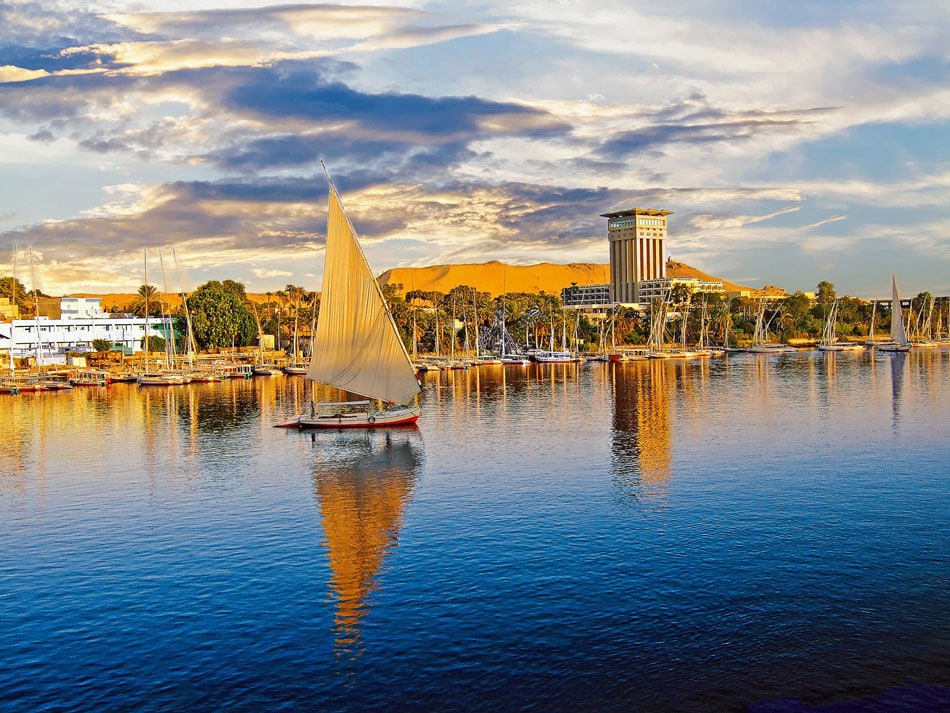
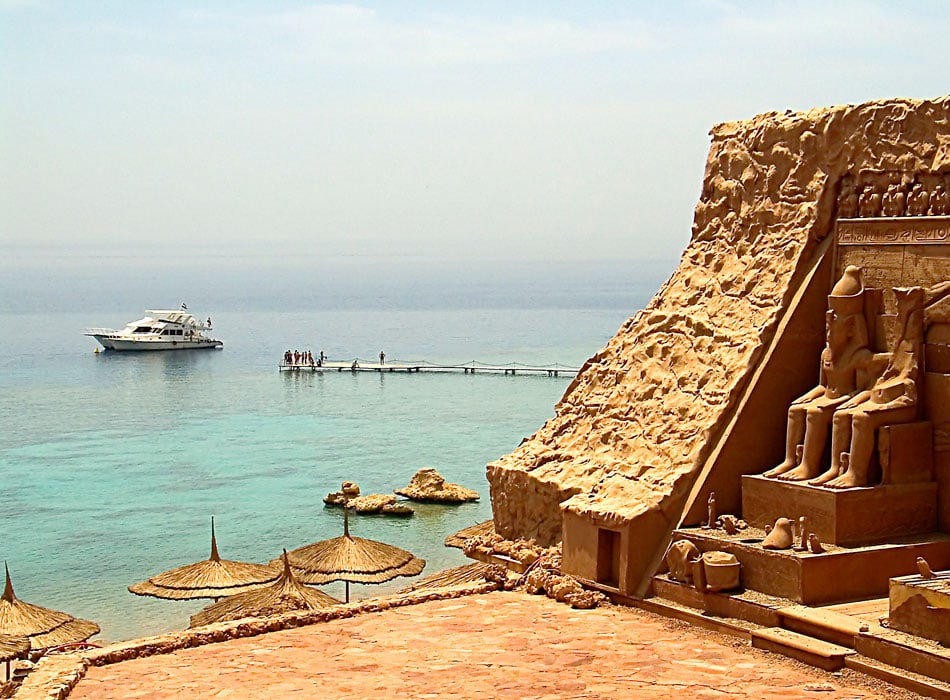
This temple somehow oozes an aura of romance, for it was dedicated by Osiris to Isis, the goddess of love, and positioned in a beautifully landscaped setting on Agilika Island.
The antiquities on the island are mostly the work of the Roman Empire at a time when Isis was immensely popular and it was widely accepted that this was her island. The inhabitants from all over the Mediterranean would come to fall in love here and pay respects to the myth of Isis and Osiris.
Construction of the vast labyrinth of temples, shrines and sanctuaries took place over eight centuries and include such great sites as the Vestibule of Nectanebos, the Temple of the Emperor Hadrian, Temple of Hathor and Trajan’s Kiosk (Pharaohs Bed), each one more breathtaking than the other.
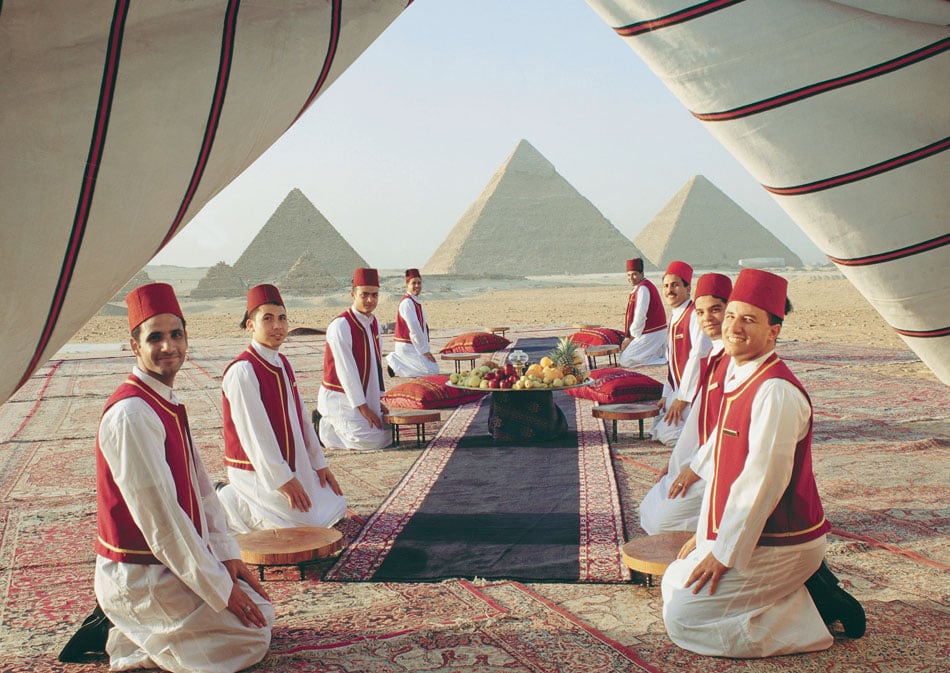
Construction of the vast labyrinth of temples, shrines and sanctuaries took place over eight centuries and include such great sites as the Vestibule of Nectanebos, the Temple of the Emperor Hadrian, Temple of Hathor and Trajan’s Kiosk (Pharaohs Bed), each one more breathtaking than the other.
